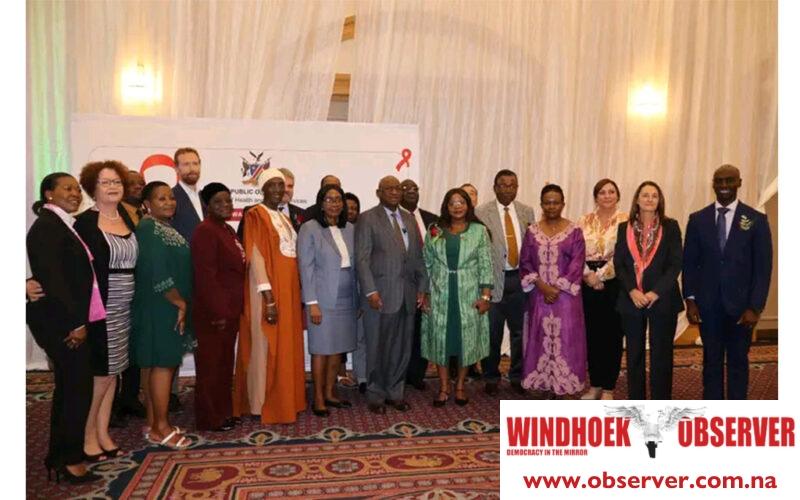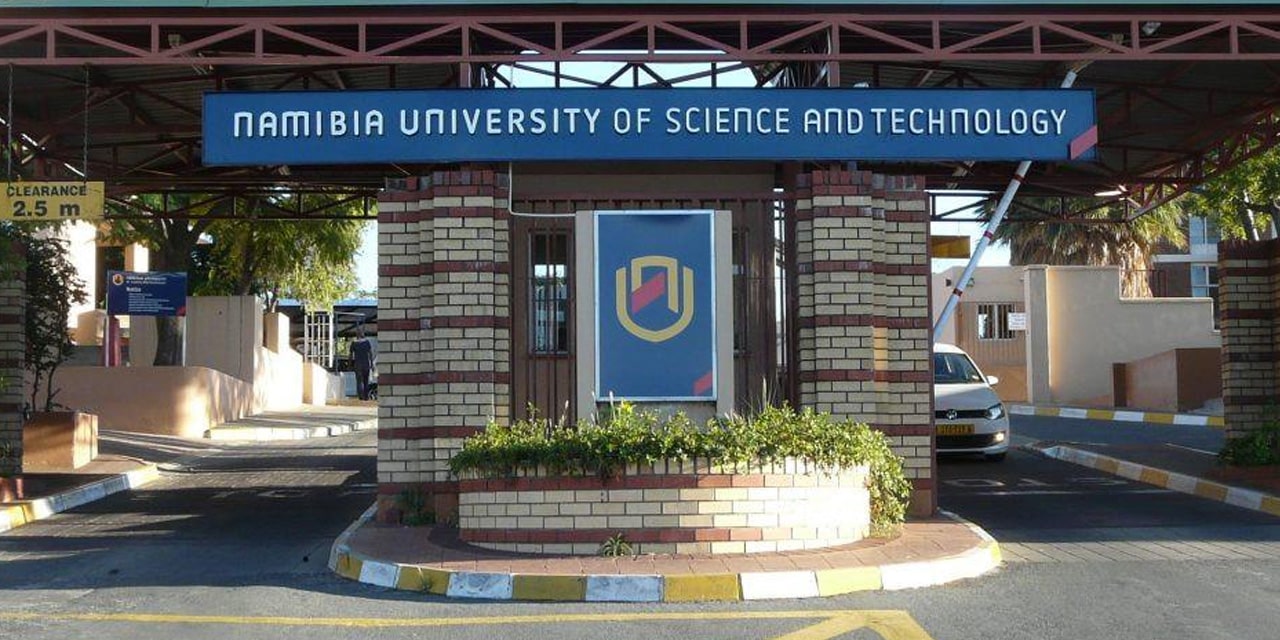Martin Endjala
Prime Minister Saara Kuugongelwa-Amadhila says Namibia aims to end HIV/AIDS as a public health problem by 2026 and attain HIV epidemic control by 2028.
She added that plans are also ongoing to decrease the burden of tuberculosis (TB), achieve zero indigenous malaria cases by 2027, and prevent the reintroduction.
She made this revelation last week at the launch of the seventh Global Fund Cycle (GC7).
“This was in part due to the partnership with our stakeholders, including the development partners and non-state actors (civil society and even the private sector). We are grateful to the global fund for this partnership,” said the PM.
Namibia has recently received recognition for its progress in eliminating mother-to-child transmission of HIV and Hepatitis B.
Since 2004, the Global Fund has disbursed over US$391 million. Recently, the Global Fund approved a 3-year (2024-2026) Grant Cycle 7 (GC7), valued at over US$34 million, and allocated an additional US$15.7 million for the COVID-19 response mechanism.
Kuugongelwa-Amadhila said the fund assisted with the procurement of TB treatment medicine, as well as support for healthcare workers to oversee treatment.
The fund also supported the procurement of TB equipment to aid in diagnostics and treatment, with TB mass screening being one of the key undertakings it supported. Through mass screening, the country was able to diagnose and treat TB.
She said the fund also supported malaria prevention efforts, which included the provision of long-lasting insecticide nets (ITNs) as a preventative measure.
The PM revealed that the Global Fund has been supporting interventions for adolescent girls and young women (AGYW).
She said that the initiative, which offers a comprehensive package of sexual and reproductive health information, has recently expanded to include young men.
She called on all those who are involved with the implementation of the partnership activities to carry out their respective tasks with diligence and commitment and to, at all times, uphold the spirit of partnership that underlies the cooperation programme.
Health and social services minister Kalumbi Shangula said that such generous support holds the promise of transformative change, not just for the healthcare landscape but for the well-being and prosperity of every Namibian.
“Namibia, which is misclassified as an upper-middle-income country, has long been at the forefront of the fight against HIV, TB, and malaria. However, we face formidable challenges in our quest to ensure equitable access to quality healthcare services for all our citizens,” he said.
He believes the grant, provided by the Global Fund, will complement government efforts on the journey towards overcoming these challenges and achieving public health goals.
Shangula stated that key populations continue to show a subset of new HIV infections.
Despite this, he believes that, through targeted public health interventions funded by the GC7, the ministry will implement comprehensive prevention programmes aimed at reducing transmission rates and promoting wellness.
He said that by investing in the construction and equipping of healthcare facilities, the ministry can bridge the gaps in healthcare delivery and improve health outcomes across the nation.




